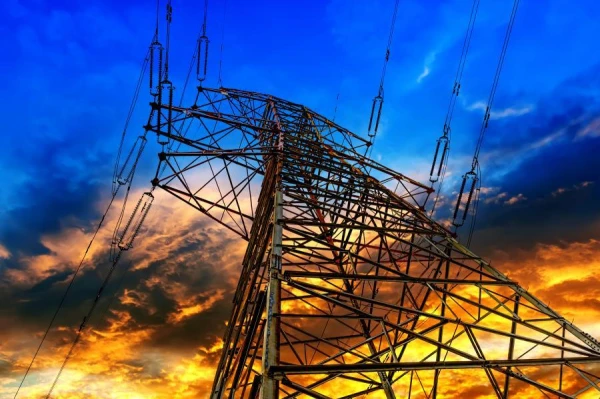
Two thousand euros for everyone? This is what the initiators of the class action against the state promise, demanding the return of the paid OIK. But lawyers admit: the process may take years, and the outcome is unpredictable, reports LSM+ in the program "Case."
The society tiesiskums.lv has been traveling to cities for several months and conducting forums — in Riga, Kuldiga, and Daugavpils, the halls were packed. Anyone interested could sign the agreement on the spot or do it online. According to the organization, by autumn, more than 50,000 clients had already signed agreements with them, while about 130,000 people had registered in total.
Lawyers from tiesiskums.lv promise: every Latvian has a chance to get back about two thousand euros paid for the mandatory electricity purchase component. The lawsuit is prepared for free, and the organization's interest is 20% of the possible payout in case of success.
"We are confident that the OIK system was illegal," says attorney Artis Stucka. According to him, the report of the parliamentary commission and the conclusion of the European Commission from 2017 confirm that the payments did not comply with the rules and constituted illegal state aid. Therefore, the state is obliged to compensate for the damage.
However, there are questions surrounding the activities of the society. Who is behind it? The names of supporters who cover legal and organizational expenses are not disclosed on the organization's website. Tiesiskums.lv explains this by confidentiality, emphasizing that all transfers are verified by the bank and comply with the law. Nevertheless, for critics, this "secret element" casts a shadow over the campaign.
Skeptics also remind us: the European Commission acknowledged that the procedure for approving support was violated, but the support itself is generally compatible with the internal market rules. Member of the State Audit Office Martinš Aboliņš emphasizes: formally, Brussels had no grounds to demand a refund. "Yes, the approval procedure was indeed not followed, and this is a legal fact. But the European Commission concluded that the support is generally compatible with the internal market," he explains. "Therefore, the EU had no reason to obligate Latvia to return the money. It all came down to the fact that legally it was done incorrectly, but the economic essence was recognized as permissible."
Minister of Climate and Energy Kaspars Meļņiks reminds us: citizens have the right to defend their interests in court. "If a violation is proven, there must be full accountability. But only the court will determine the outcome," he notes, refraining from predicting the result.
How long could the litigation last? Lawyers themselves admit: the case is not simple. According to them, similar processes abroad last for years, and in 80% of cases end in a settlement. Even in the event of victory, the main question remains — who will pay. According to economists, there has long been no "OIK reserve fund": the money has gone to enterprises, which means that ultimately payments will have to be made from the budget. "That is, by the same taxpayers," summarizes former Minister of Economics Vyacheslav Dombrovsky.
The initiative tiesiskums.lv has already gathered tens of thousands of supporters around it. For some, this is a long-awaited chance to punish the state for injustice, for others — a dubious promise that could stretch on for years and end with Latvians returning their own money to themselves.

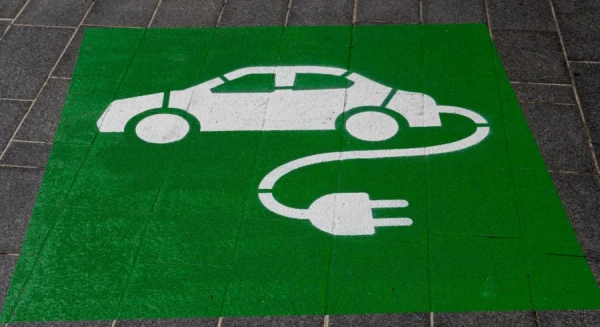




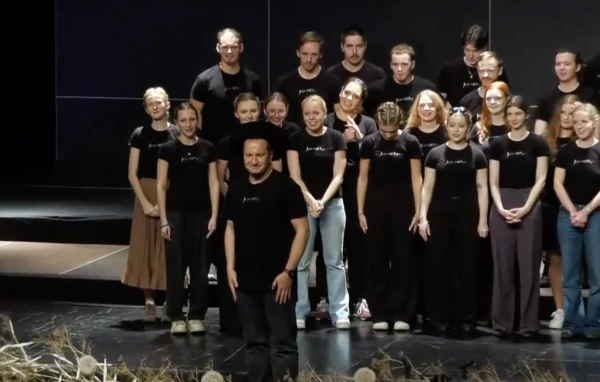




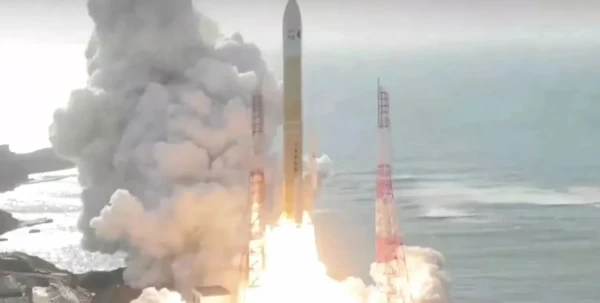
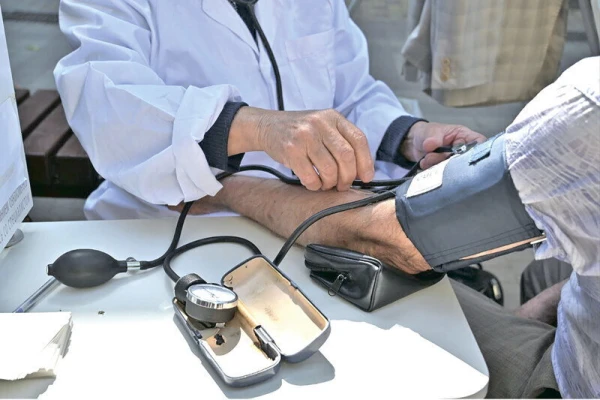


Leave a comment